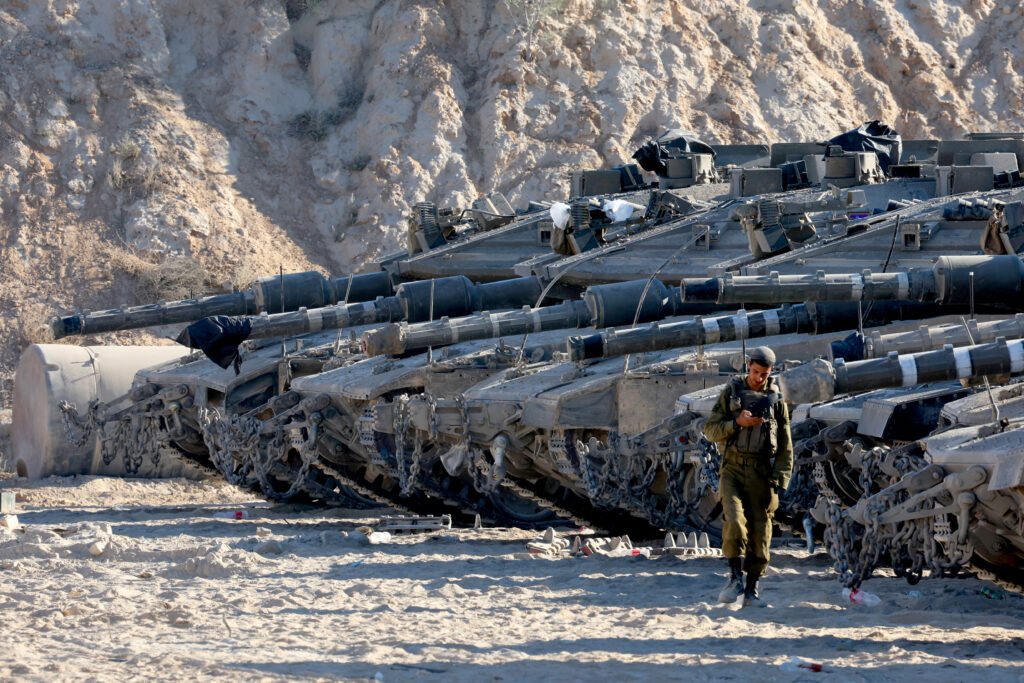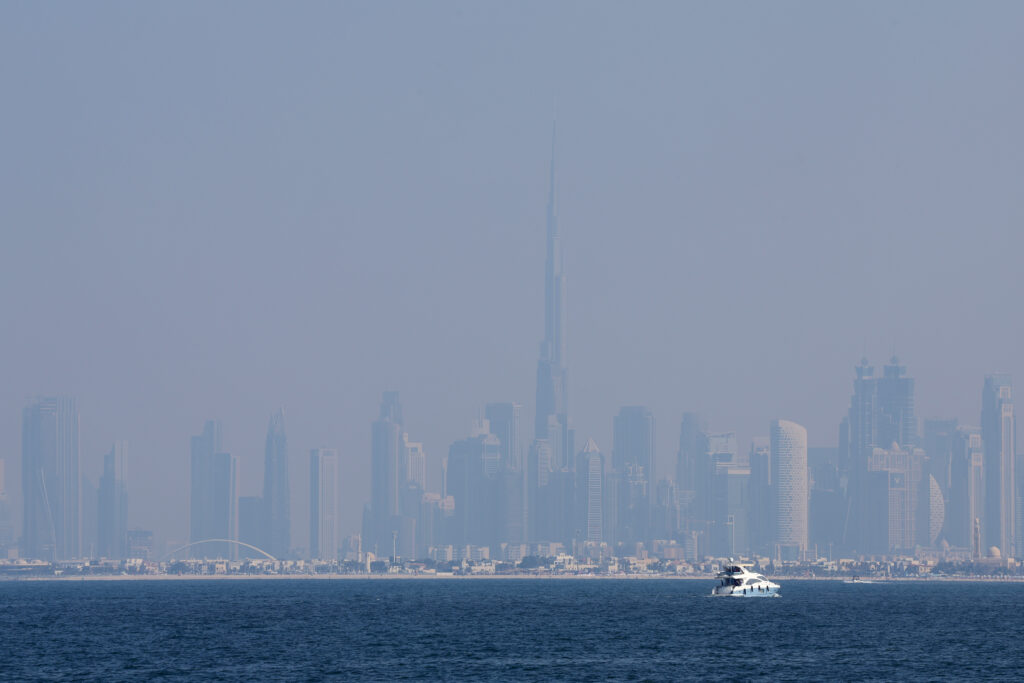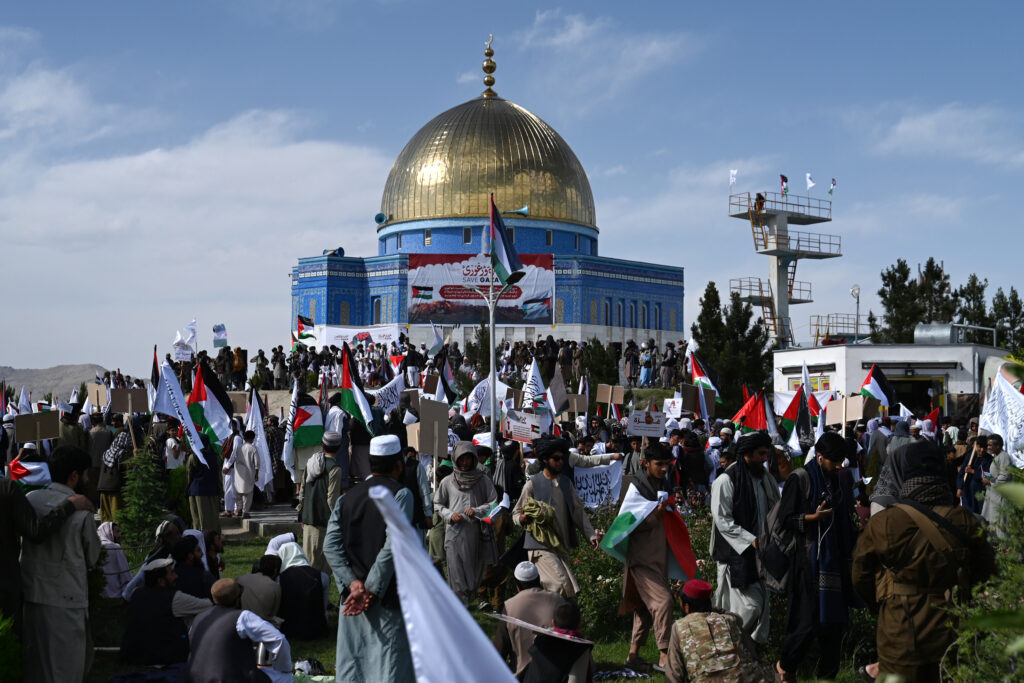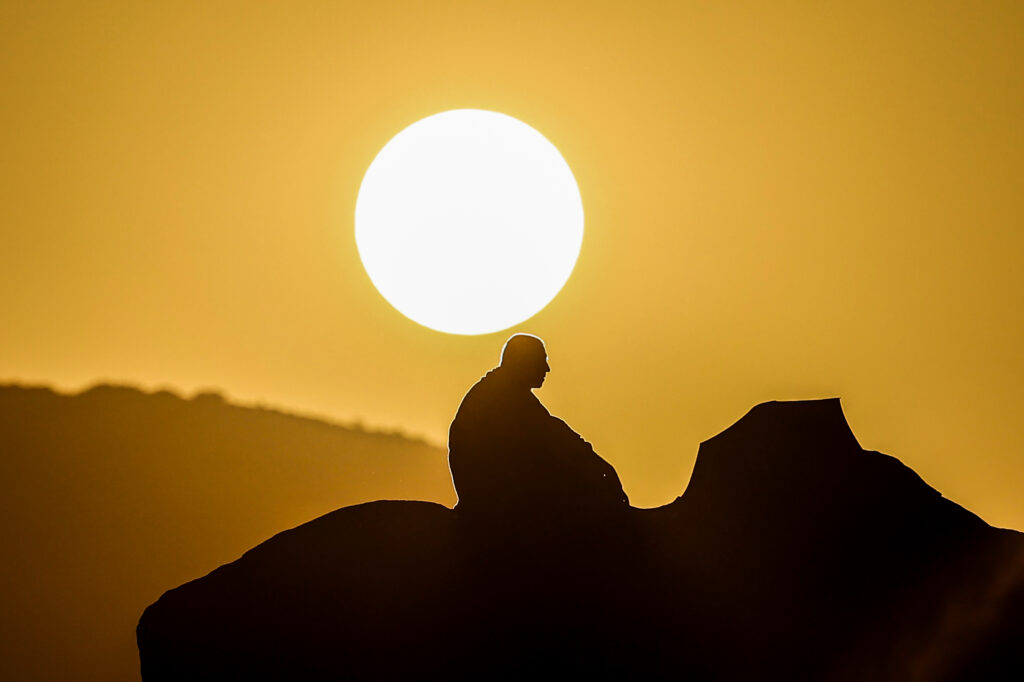UN warns of Gaza famine risk, as Israel vows to build ‘Jewish state’ in West Bank
The UN warned on Friday that the entire population of Gaza is at risk of famine, as Israel vowed to build a “Jewish Israeli state” in the occupied West Bank.Israel has faced mounting international pressure over the humanitarian crisis in Gaza, where the UN says only a trickle of aid has been allowed in after a more than two-month blockade.Negotiations to end nearly 20 months of war in Gaza have so far failed to achieve a breakthrough, with Israel resuming operations in March following a short-lived truce.Israel has meanwhile doubled down on its settlement expansion in the West Bank, while defying calls from French President Emmanuel Macron and other world leaders for a two-state solution.Jens Laerke, a spokesman for the UN humanitarian agency OCHA, on Friday called Gaza “the hungriest place on earth”.”It’s the only defined area — a country or defined territory within a country — where you have the entire population at risk of famine. One hundred percent of the population at risk of famine,” he said.Recent AFPTV footage has shown chaotic scenes as large crowds of Palestinians desperate for food rushed to a limited number of aid distribution centres to pick up supplies. Israel recently intensified its Gaza offensive in what it says is a renewed push to destroy Hamas, drawing sharp international criticism, including from allies such as Britain and Germany.- ‘Crusade’ against Israel -This week Israel announced the creation of 22 new settlements in the West Bank.London called the move a “deliberate obstacle” to Palestinian statehood, and UN chief Antonio Guterres’ spokesman said it pushed efforts towards a two-state solution “in the wrong direction”.On Friday, Defence Minister Israel Katz vowed to build a “Jewish Israeli state” in the Palestinian territory which Israel has occupied since 1967.”This is a decisive response to the terrorist organisations that are trying to harm and weaken our hold on this land,” Katz said in a video published by his office. Israeli settlements in the West Bank — considered illegal under international law — are seen as a major obstacle to a lasting peace in the Israeli-Palestinian conflict.Katz framed the move as a direct rebuke to Macron and others pushing for recognition of a Palestinian state.Macron has recently stepped up his statements in support of the Palestinians, asserting on Friday that recognition of a Palestinian state, with some conditions, was “not only a moral duty, but a political necessity”.Macron confirmed he would personally attend a conference France is co-hosting with Saudi Arabia at the UN in June aimed at reviving the two-state solution.Israel on Friday accused the French president of undertaking a “crusade against the Jewish state”.The foreign ministry said that “instead of applying pressure on the jihadist terrorists, Macron wants to reward them with a Palestinian state”.- ‘Go in with full force’ -Negotiations aimed at halting the fighting in Gaza have continued, meanwhile, with the White House announcing Thursday that Israel had “signed off” on a new ceasefire proposal submitted to Hamas.The Palestinian militant group, however, said the deal failed to satisfy its demands, stopping short of rejecting it outright. Far-right Israeli National Security Minister Itamar Ben Gvir said on Telegram that “after Hamas rejected the deal proposal again — there are no more excuses”.”It is time to go in with full force, without blinking, to destroy, and kill Hamas to the last one,” he said.Israel has not confirmed that it approved the new proposal.Gaza’s civil defence agency told AFP that at least 45 people had been killed in Israeli attacks on Friday, including seven in a strike targeting a family home in Jabalia in the north.Palestinians sobbed over the bodies of their loved ones at Gaza City’s Al-Shifa Hospital following the strike, AFPTV footage showed.”These were civilians and were sleeping at their homes,” said neighbour Mahmud al-Ghaf, describing “children in pieces”.”Stop the war!” said Mahmud Nasr, who lost relatives. “We do not want anything from you, just stop the war.”The Israeli military did not immediately respond to a request for comment on the Jabalia strike, but said separately that the air force had hit “dozens of targets” across Gaza over the past day.The health ministry in Hamas-run Gaza said Friday that at least 4,058 people had been killed since Israel resumed major operations on March 18, taking the war’s overall toll to 54,321, mostly civilians. Hamas’s 2023 attack on Israel resulted in the deaths of 1,218 people, also mostly civilians, according to an AFP tally based on official figures.Of the 251 hostages seized during Hamas’s attack, 57 remain in Gaza, including 34 the Israeli military says are dead.




